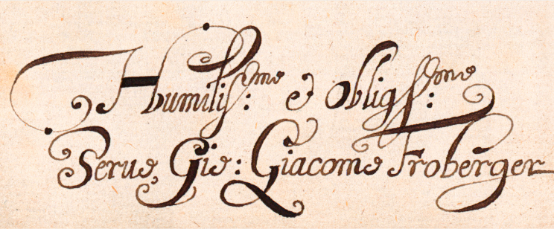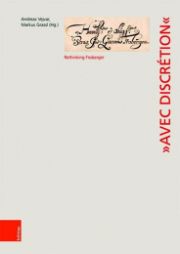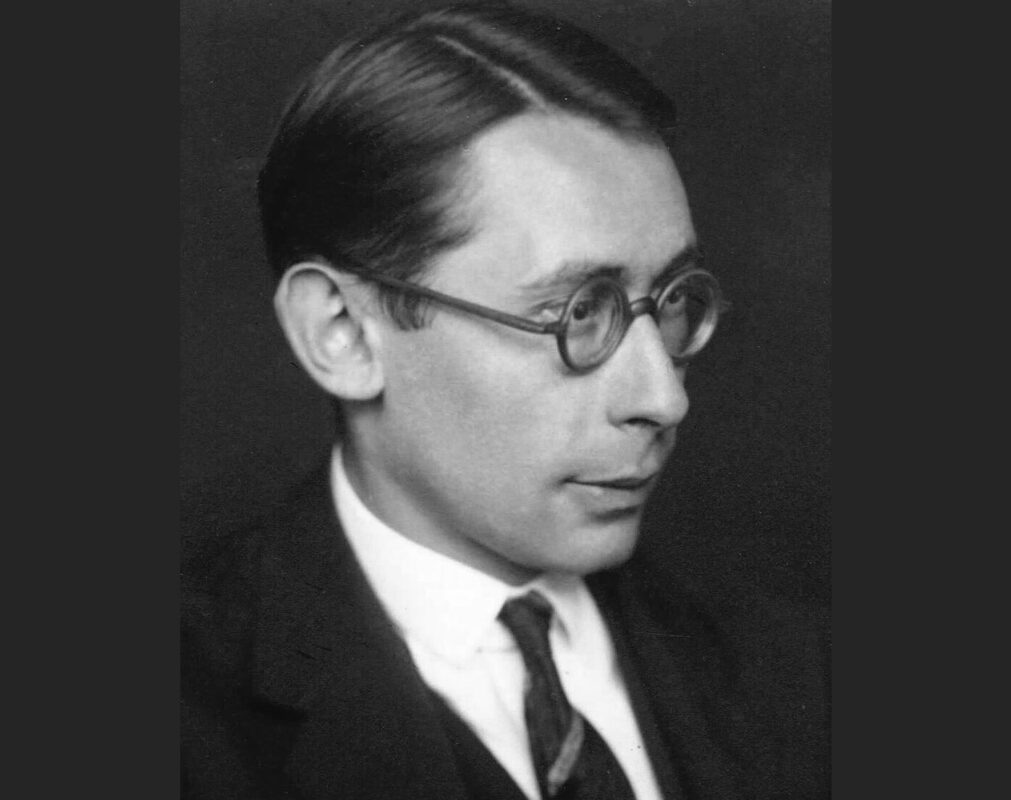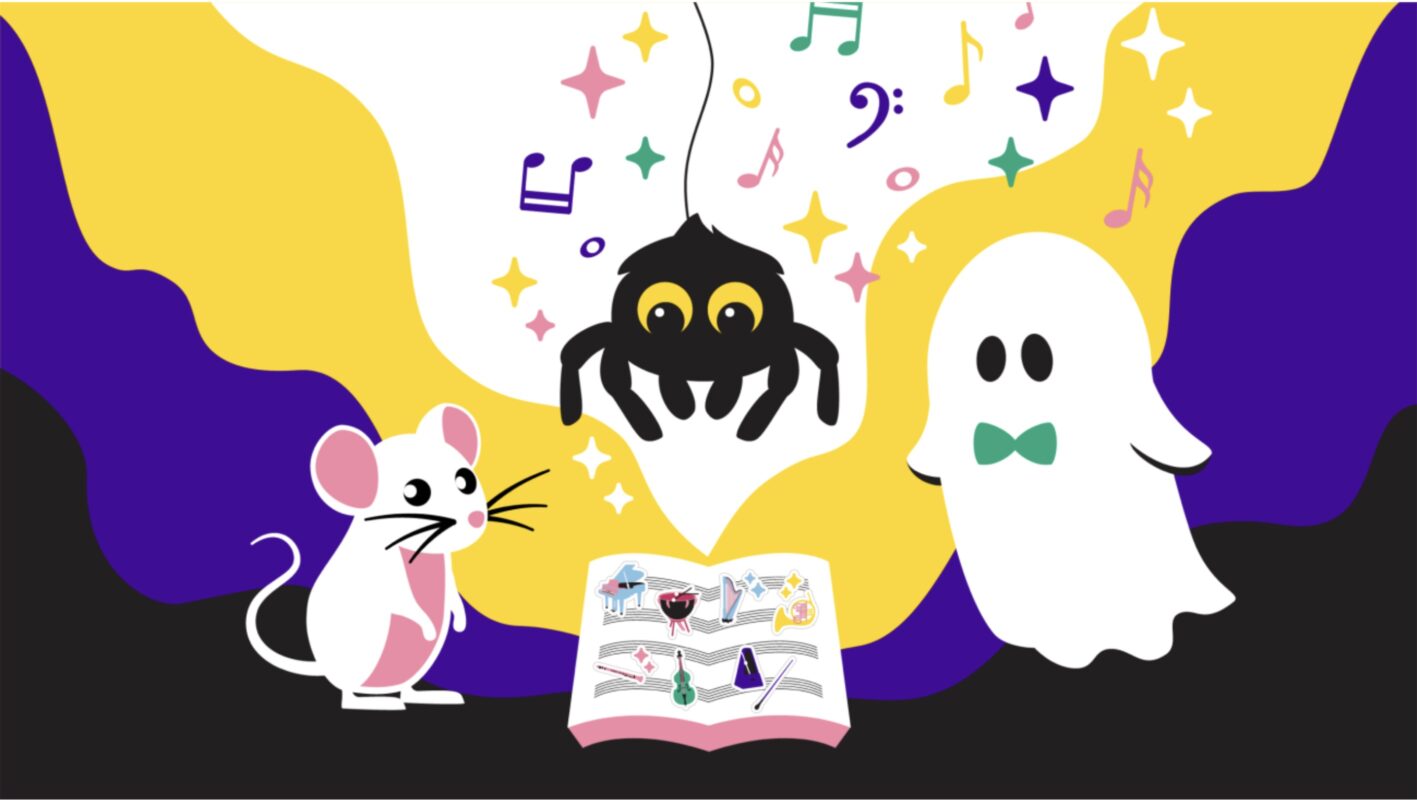Much news about Froberger
The contributions in this publication provide insights that go far beyond Froberger himself. They open up a broad perspective on 17th century keyboard music.

Johann Jacob Froberger (1616-1667) - "the Franz Liszt of the 17th century" - is known as a clavierist, as a composer of toccatas, canzonas, ricercari and suites. His most famous works are probably his "Lamenti" and "Tombeaus" or the two meditations ..faict à Madrid sur la Mort future resp. ...faist svr ma Mort fvtvre. Verbal instructions such as "avec/à discrétion" have long indicated that Froberger's own performance amounted to much more than what his surviving musical texts contain. His legendary fame is based not only on two extensive autograph collections and countless copies as well as three complete editions, but also on the fact that an additional autograph briefly surfaced in 2006, but has not been accessible to researchers or editions since then. Reasons enough for a symposium that took place in October 2016 in Stuttgart, the city of Froberger's birth, to mark his 400th birthday, and for the subsequent publication of the papers presented there.
"Avec discrétion" Rethinking Froberger brings to light current findings that go far beyond Froberger himself. Although new sources provide substantial clarification of details of Froberger's biography and environment, what is more astonishing is the evidence of how much Froberger was committed to the French lute tradition (Dirksen and Ledbetter) and how (also) his composing was based on existing models of composition (Gavito), i.e. that hardly any fundamental differences can be discerned between original composition and modular improvisation. The texts on Froberger's performance practice should also be of particular interest: Karin Paulsmeier's comments on the peculiarities of notation, Francesco Cera's investigations into fermata dotting and Florian Bassani's notes on performative enrichment practice based on French keyboard and vocal treatises. In addition, Martin Kirnbauer and Eugène Michelangeli raise questions about the intended instruments: polyphonic harpsichord and clavichord respectively.
The symposium report also contains a history of the concept of "discretion", insights into the types of travel at the time and an examination of musical Rome in the 17th century, where Froberger, a pupil of Frescobaldi, stayed several times. Finally, at Rethinking Froberger The question can also be asked why he did not devote himself more to vocal music.
Overall, the advantage of this comprehensive volume (including documents, illustrations, a list of sources and editions as well as a careful bibliography) lies not only in the variety of approaches, but also in the wealth of details worth knowing about the history and performance practice of 17th century music. Anyone wishing to study keyboard music from a broader perspective must pick up this book.
"Avec discrétion" Rethinking Froberger, edited by Andreas Vejvar and Markus Grassl, (Wiener Veröffentlichungen zur Musikgeschichte, Vol. 14), 544 p., € 53.00, Böhlau, Vienna et al. 2018, ISBN 978-3-205-20740-5









